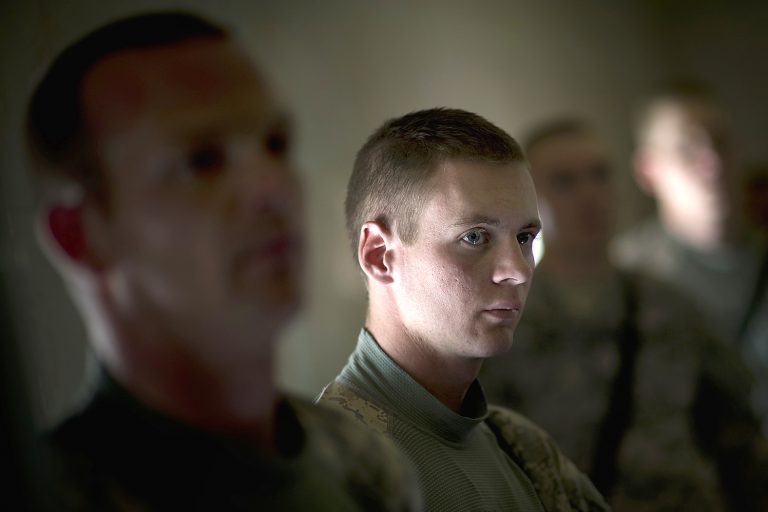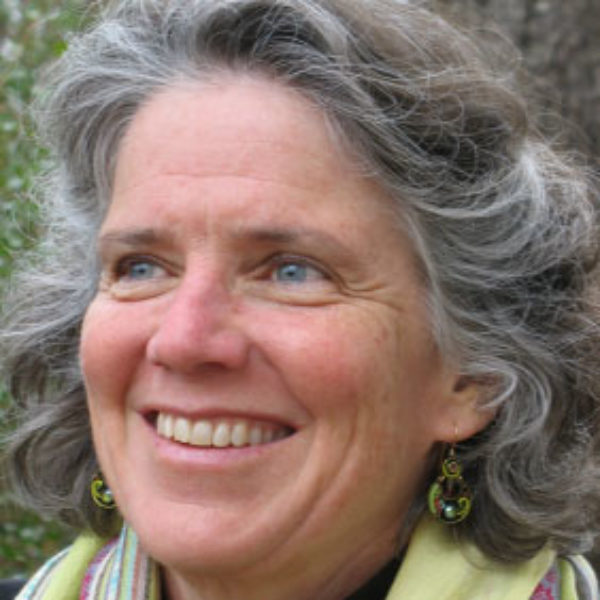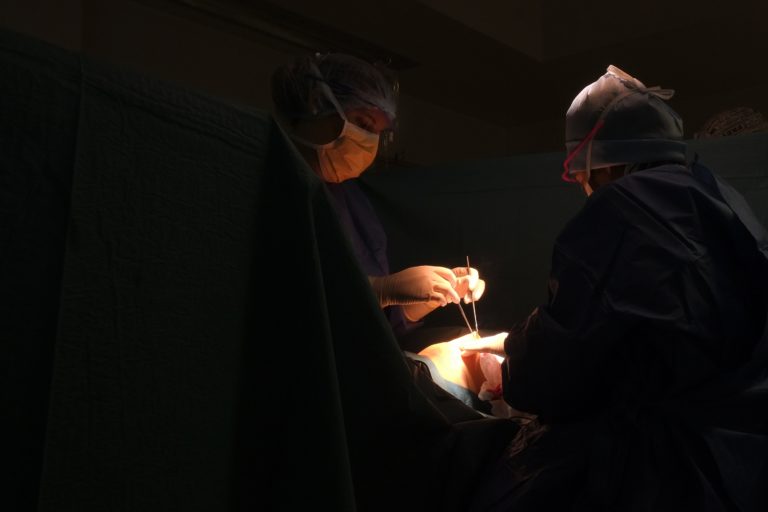
Image by Chad J. McNeeley/Flickr, Attribution.
The Unseen Burden of a Veteran’s Grief
Until I worked as a (civilian) counselor on military bases, I didn’t grasp the real meaning of Memorial Day. While I could have rattled off some school-learned platitude about the holiday’s purpose, I hadn’t experienced the somber quietude, the poignant memorial services, the pristinely-held memories of combat brothers and sisters. To be honest, I didn’t fully understand the unseen burdens of sharp-edged grief that our veterans carry home.
As this Memorial Day neared, I invited veterans to write a one-sentence tribute to a friend they lost in combat. Heartbreaking, poignant sentences filled my inbox — the immediacy of grief stunningly apparent.
“Donny, there is an emptiness never to be filled when I think of your son who you never met — now as old as your father was back then.”
Shortly after arriving at one base, the battalion I worked with learned one of their soldiers had been killed in Afghanistan. I thought the troops would be used to this kind of tough war news; I thought they would stoically carry on.
I couldn’t have been more wrong.
Instead, my conversations with soldiers became hushed, their faces were full of anguish and their voices choked as they tried to talk to me about the buddy they’d lost. Writing the eulogy fell to the staff sergeant who had trained the soldier. I sat with him as he wrote his tribute, then re-wrote it, and then re-wrote several more times, struggling to adequately express how much he would miss his friend.
“CAP 72 — We called on clear, we called on Guard;
And Sandy, too, searched your flight path.
We didn’t know you were no longer of this earth.”
At a different base, I spoke with a typically-happy young soldier who had been tasked with identifying his friend’s body after a bomb blast in Afghanistan. The pain in his eyes robbed the smile from his face. And at yet another base, a just-returned infantryman stood stock-still in the midst of a raucous homecoming celebration when he noticed the banner at the end of the gymnasium, honoring a buddy in his unit, killed downrange.
“Carrol, August was 50 years since you were killed in that place half a world away; I am old and you are forever young.”
The journey from combat loss to home is a long one. One of the tributes I received remembered a friend killed on the beach at Iwo Jima, the still-fresh grief stretching across 72 years. A Vietnam veteran admitted he still fights deep depression each year as August starts to blaze. The relentless heat reminds him of the day he watched a friend die in a steamy jungle: “I’ve never been the same. I can’t find my way through.”
“You, the crew of the EC-47, you ‘Silent Warriors’ — God and we remain with you.”
Some spiritual traditions teach that we all share in each other’s suffering, and I can’t think of a more fitting time for practicing this teaching than with our veterans on Memorial Day. Rita Nakashima Brock, who works with veterans and moral injury, spoke about her move from pacifism to active support of vets: “…whether or not I agree with an administration and the wars it chooses to fight, I feel that as a citizen, I have a responsibility to restore the people who’ve fought, to return them to our communities. It’s nothing wrong with them individually. It’s what we owe them as a society.” There it is, that shining notion of common suffering and the responsibility we share tor each out and help everyone come home.
It would be remarkable if every Memorial Day service was filled with civilians standing with our veterans. We don’t have to personally know the veterans or the buddy who died — we could simply stand with them, letting them know: “We’re here. We see you. We honor your loss.”
“I couldn’t remember his name for years and years, the one who asked to switch missions with me. His name was Chuck. I found his name on The Wall and with tears running down my face, I reminded a ghost who I was and where we had met.”
War-loss can become a heavy burden, especially if no one speaks about those who died on the battlefield. It’s understandably awkward to bring up the topic. Our culture shies away from speaking of death, and many of us hold complicated feelings about our country’s wars and those who fight them. But Memorial Day gives us a beautiful opportunity to walk through those hesitations and offer a listening ear, compassion, and solace.
As a counselor, I know the simple act of bearing witness to another’s pain is one of the most healing responses we can offer.
So, this Memorial Day — every Memorial Day — consider reaching across the civilian-military divide to bear witness to the unseen burdens our veterans carry. To the veteran standing next to you at the barbecue, picnic, or parade, reach across that divide, shake their hand and gently ask, “Who are you remembering today?”
It’s one way we can let them know: We want to help you come all the way home.

